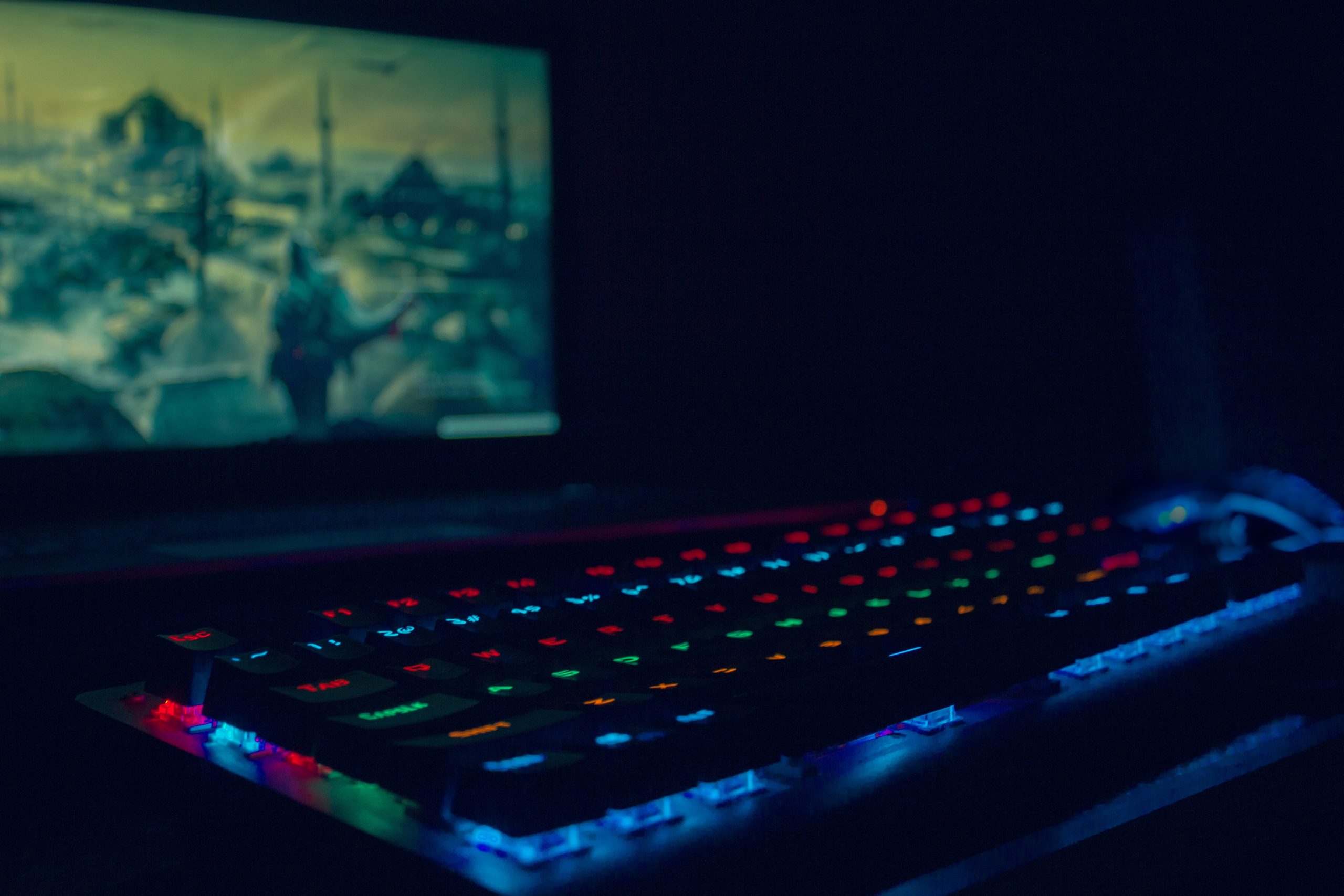Introduction:
Investing in a high-powered gaming PC with top-of-the-line hardware is often seen as the ultimate solution for an unmatched gaming experience. However, even with all that raw power, you may still encounter limitations that prevent your gaming PC from reaching its full potential. In this article, we will explore some surprising limitations that can affect your gaming PC’s performance and provide insights into how to overcome them.
- CPU Bottlenecks:
While a high-end CPU is crucial for smooth gaming, it’s important to understand that not all games rely heavily on CPU performance. Some games, particularly those with complex physics simulations or large-scale environments, require more CPU power than others. In such cases, even the fastest CPUs may struggle to keep up, resulting in lower frame rates and overall performance. To mitigate this limitation, consider checking the recommended system requirements for specific games and upgrading your CPU if needed.
- GPU Limitations:
Graphics processing units (GPUs) play a significant role in rendering high-quality visuals and ensuring smooth gameplay. However, the GPU’s capabilities can be limited by factors such as VRAM (video random access memory) size and memory bandwidth. If your GPU has insufficient VRAM or lower memory bandwidth, it may struggle to handle high-resolution textures or complex visual effects. Upgrading to a GPU with higher VRAM capacity and faster memory bandwidth can help overcome these limitations and enhance your gaming experience.
- Storage Speed:
While often overlooked, storage speed can significantly impact game load times and overall performance. Traditional hard disk drives (HDDs) are slower compared to solid-state drives (SSDs) or NVMe drives. If your gaming PC relies on an HDD for storage, you may experience longer load times and delays when accessing game data. Upgrading to an SSD or NVMe drive can greatly reduce these limitations and provide faster data transfer rates, resulting in quicker game load times and smoother gameplay.
- System Memory:
Insufficient system memory, or RAM, can hinder your gaming PC’s performance, particularly when running memory-intensive games or multitasking. If your PC has limited RAM capacity, it may struggle to store and process data quickly, leading to slowdowns and potential stuttering during gameplay. Upgrading to higher-capacity RAM modules can help alleviate these limitations and ensure smooth performance, especially when running resource-intensive games or applications.
- Cooling Solutions:
Powerful gaming PCs generate substantial heat, and inadequate cooling can lead to thermal throttling, where the components reduce their performance to prevent overheating. This can result in lower frame rates and degraded gameplay. To overcome this limitation, invest in efficient cooling solutions such as high-performance fans, liquid cooling systems, or improved case airflow. Regularly cleaning your PC to remove dust buildup is also essential for maintaining optimal cooling performance.
- Software Optimization:
While your gaming PC may have all the necessary hardware, software optimization plays a crucial role in achieving optimal performance. Game developers often release patches and updates to optimize their games for specific hardware configurations. Ensure that your games are up to date and check for driver updates for your graphics card. Additionally, closing unnecessary background processes and optimizing system settings can help maximize your PC’s performance and reduce potential limitations.
- Game Optimization:
Not all games are created equal when it comes to optimization. Some games may be poorly optimized for certain hardware configurations, resulting in lower performance than expected. It’s important to research and read reviews about a game’s optimization before purchasing. User forums and communities can provide insights into potential limitations or workarounds for specific games.
Conclusion:
While a high-powered gaming PC provides a solid foundation for an exceptional gaming experience, it’s important to understand that even the most powerful systems can have limitations. Factors such as CPU bottlenecks, GPU limitations, storage speed, system memory, cooling solutions, software optimization, and game-specific optimization can all impact your gaming PC’s performance. By identifying and addressing these limitations, whether through hardware upgrades, software optimizations, or game selection, you can unlock the true potential of your gaming PC and enjoy a smoother and more immersive gaming experience.




